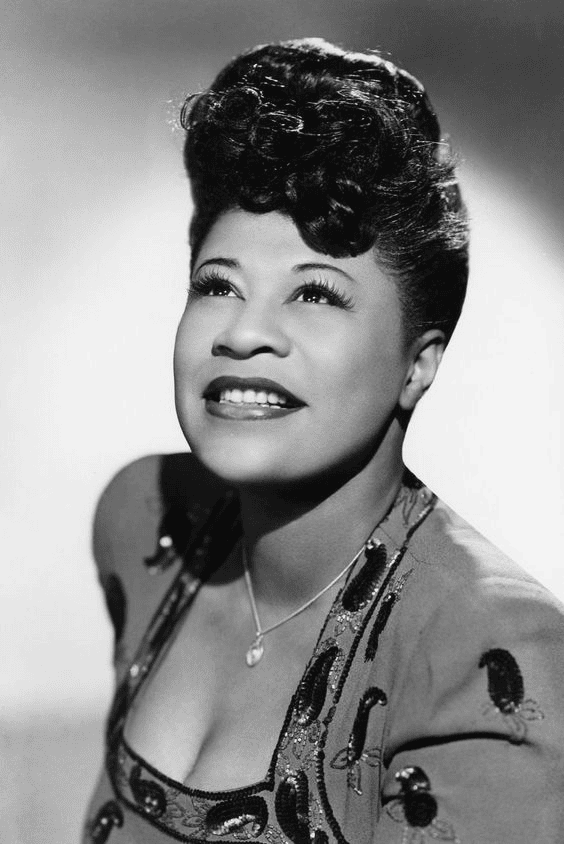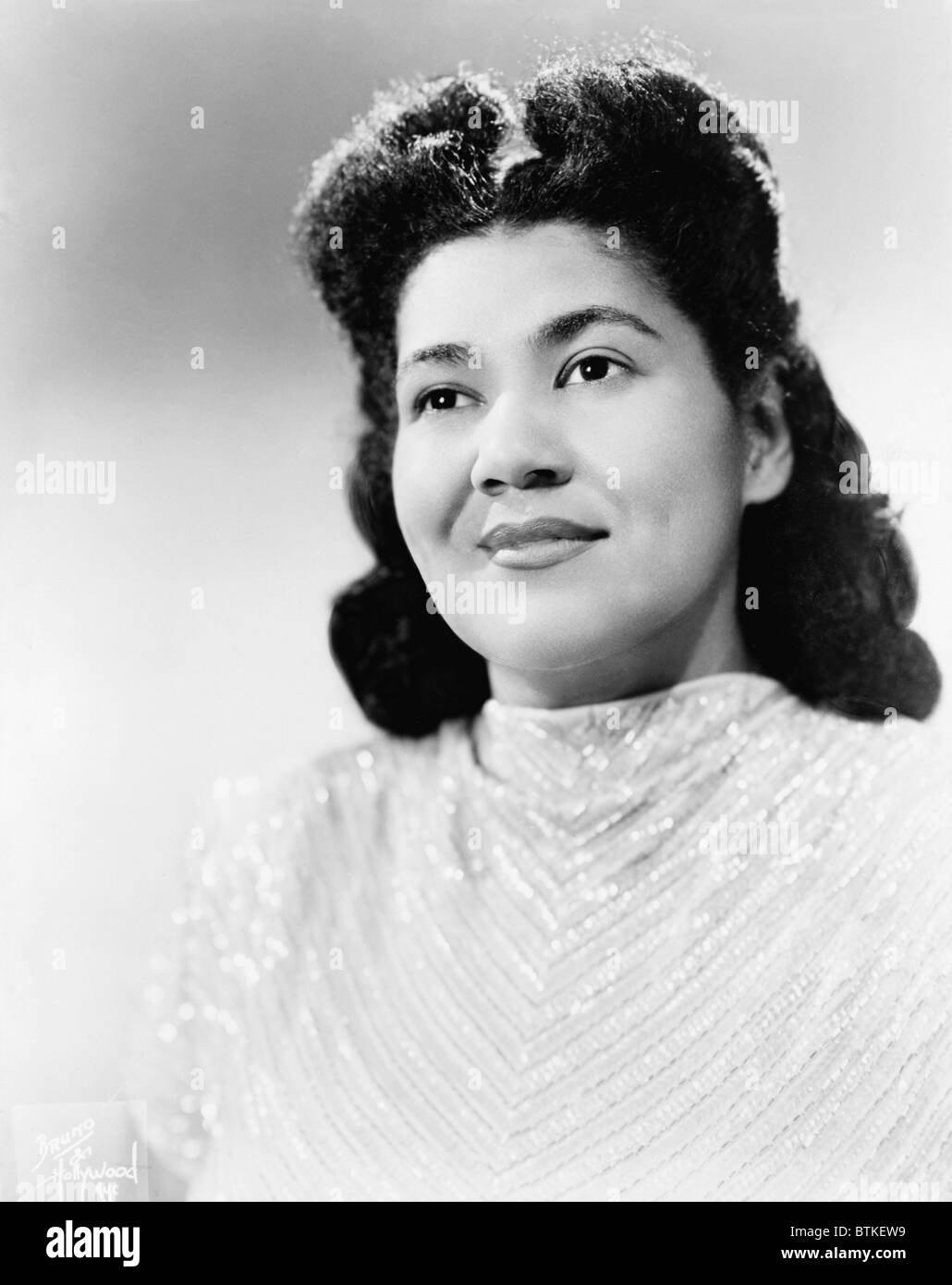Unforgettable Voices: Black Singers Of The 1950s
Did the 1950s truly represent a golden age for Black artists, forever altering the musical landscape?
The decade was a crucible, forging legends and birthing sounds that would echo through generations, a period when the extraordinary talent and cultural influence of Black artists irrevocably reshaped the very definition of music.
The 1950s stand as a pivotal and transformative chapter in the narrative of American music. Amidst the socio-political landscape of racial segregation and widespread discrimination, a cohort of Black singers emerged as pioneers, not just in music, but in challenging the established norms and redefining the emerging genre of rock and roll. The era produced some of the most memorable music of all time, a testament to the creativity and resilience of a community often marginalized yet undeniably influential. Black female singers, in particular, played an essential role in shaping the music industry, their contributions extending far beyond their hit songs, influencing the development of various other music genres, and challenging societal expectations.
- Plumpy Magee Hot Content Trends You Need To See Now
- Unveiling Richard Hillmans Cause Of Death A Coronation Street Mystery
In celebration of Black Music Month, the spotlight turns to Dinah Washington, acclaimed as one of the most popular Black recording artists of the 1950s, who amassed over two dozen R&B Top 10 hits between 1948 and 1955. Her influence continues to resonate, with many contemporary Black female singers citing her as a major inspiration. The contributions of Black women to music deserve recognition, celebrating their selfless contributions to all facets of society.
Here's a glimpse into the lives of some of the most influential Black singers who defined the era:
| Artist | Born-Died | Known For | Key Songs | Reference |
|---|---|---|---|---|
| Ella Fitzgerald | 1917-1996 | Legendary Jazz Vocalist; Queen of Jazz | "A-Tisket, A-Tasket," "Mack the Knife" | Britannica |
| Sarah Vaughan | 1924-1990 | Jazz Vocalist; "The Divine One" | "Broken-Hearted Melody," "Misty" | Biography.com |
| Dinah Washington | 1924-1963 | R&B and Blues Singer; "Queen of the Blues" | "What a Diff'rence a Day Makes," "Unforgettable" | AllMusic |
| Little Richard | 1932-2020 | Rock and Roll Pioneer | "Tutti Frutti," "Good Golly, Miss Molly" | Rock & Roll Hall of Fame |
| Chuck Berry | 1926-2017 | Rock and Roll Pioneer; Guitarist | "Johnny B. Goode," "Roll Over Beethoven" | Rock & Roll Hall of Fame |
| Fats Domino | 1928-2017 | R&B and Rock and Roll Singer and Pianist | "Blueberry Hill," "Ain't That a Shame" | Britannica |
| Ray Charles | 1930-2004 | Singer, Songwriter, Pianist; Blended Gospel, Blues, and Jazz | "Georgia On My Mind", "Hit the Road Jack" | Biography.com |
| Harry Belafonte | 1927-2023 | Singer, Activist | "Day-O (The Banana Boat Song)", "Jamaica Farewell" | Britannica |
| Bo Diddley | 1928-2008 | Singer, Songwriter, Guitarist | "Bo Diddley," "Who Do You Love?" | Rock & Roll Hall of Fame |
| Ruth Brown | 1928-2006 | R&B Singer | "So Long," "Mama, He Treats Your Daughter Mean" | AllMusic |
| Big Mama Thornton | 1926-1984 | Blues Singer | "Hound Dog" | AllMusic |
| Etta James | 1938-2012 | Blues, R&B, and Soul Singer | "At Last," "I'd Rather Go Blind" | Biography.com |
The musical landscape of the 1950s was a dynamic fusion of genres, with various types of music starting to converge, creating a vibrant crossover appeal. It was a time when black artists started breaking through the racial barriers. The fame and influence of artists like Little Richard didnt come overnight, and even the most popular Black singers and musicians still had to deal with racism, segregation, and other unique challenges that white artists didnt have to contend with.
- Movierulz Risks Alternatives For Streaming Movies
- Karlye Taylor Onlyfans Leak What You Need To Know Updates
The influence of artists such as Ella Fitzgerald and Sarah Vaughan, two of the most renowned jazz vocalists of the era, remains palpable, their voices and innovative styles shaping the development of vocal techniques and musical expression. The impact of jazz legends like these, alongside a host of other talented individuals, is still heard in modern music.
Patsy Cline, though a dominant figure in country music, also deserves mention. Cline's success, with hits like "Walkin' After Midnight," paved the way for other female country singers in Nashville, illustrating how musical innovation could transcend genre boundaries.
The presence of black female singers in film and television of the 50s challenged stereotypes and expanded opportunities for Black women in the media. Their contributions went far beyond their hit songs, influencing the development of various musical styles, challenging social norms, and paving the way for future generations of artists.
On September 15th, 1954, in a world undergoing profound changes, the sounds of music were heard. In this era, Keith Edwards and Queenie Marques, new immigrants from Jamaica, relaxed to the sounds of Keith's trumpet. This instance perfectly illustrates the global reach of music, and the way it can unite people, even in times of profound change.
The decade also provided fertile ground for the development of rock and roll. Artists like Chuck Berry, with his distinctive guitar style, pioneered the genre and influenced generations of guitarists. The energy and innovation of these artists helped to propel the genre to its position as one of the most popular styles in the world.
The cultural significance of the era is undeniable. The musical output from the black community in the 1950s continues to be a powerful force in shaping popular culture, and the era's music remains beloved and famous even in modern times. The contributions made by black artists during this period had a transformative effect on music. It also influenced other areas of art and society.
Artists in the 1950s were working in a unique time when various types of music were beginning to come together with lots of crossover appeal. Elvis Presley, known as the King of Rock and Roll, had an unparalleled impact, revolutionizing the music industry with his blend of country music and rhythm and blues. This blending and blurring of genre boundaries marked a significant shift in American music.
The music of the early 50s offered a platform for artists to address the challenges and triumphs of Black musicians. Despite facing racism, segregation, and other unique challenges, the talent and artistry of these musicians propelled them to fame and influence. From jazz to blues, and the pioneering sounds of rock and roll, the music of the era continues to resonate.
- Deon Coles Wife Facts Son Relationship Status Unveiled
- Porsha Williams Family Exploring Her Father Daughter More

1950's Black Singers Who Made History Despite Racial Injustice

African american singers 1950s hi res stock photography and images Alamy

Black singers from the 1950s Influence, legacy, and cultural impact